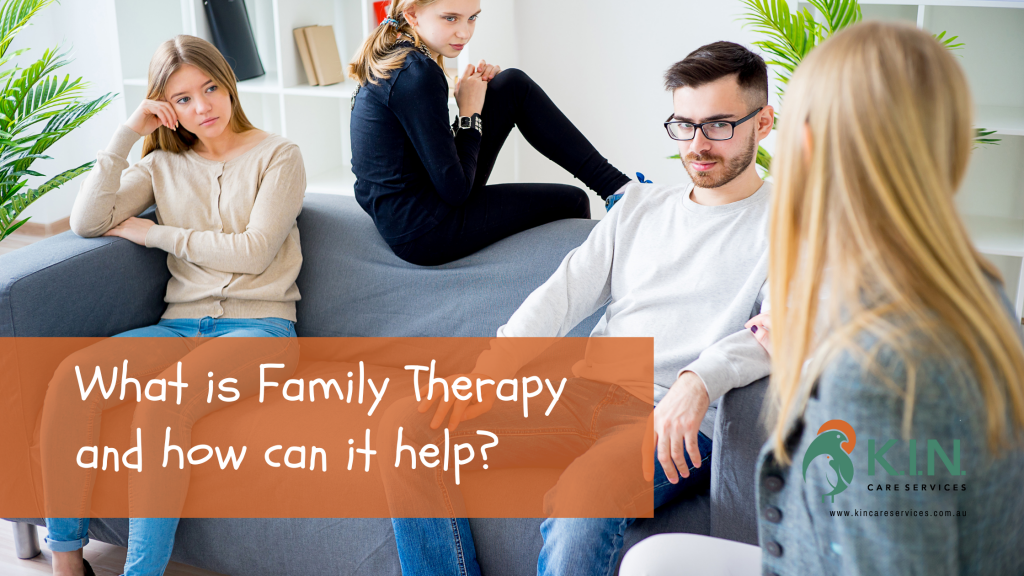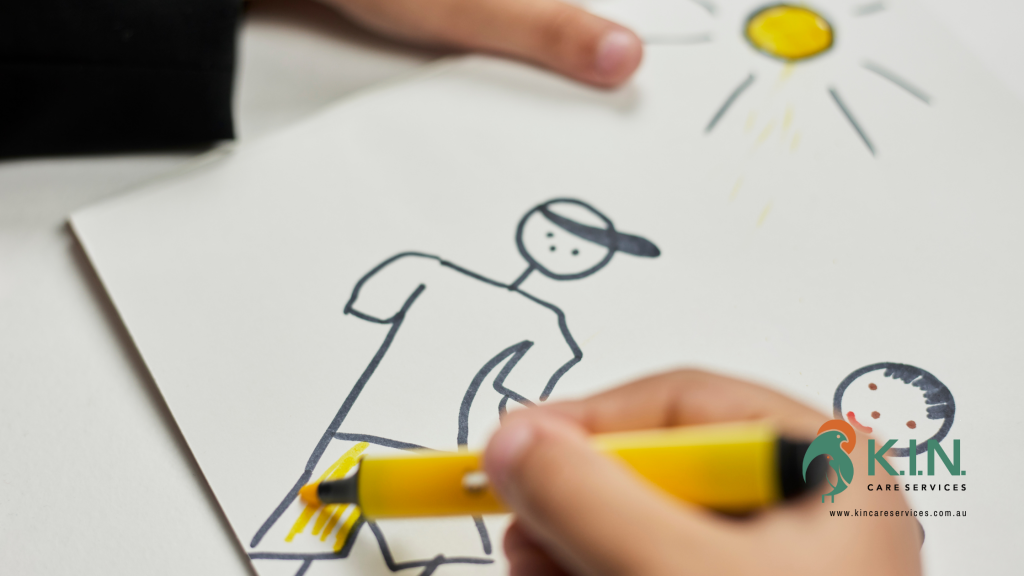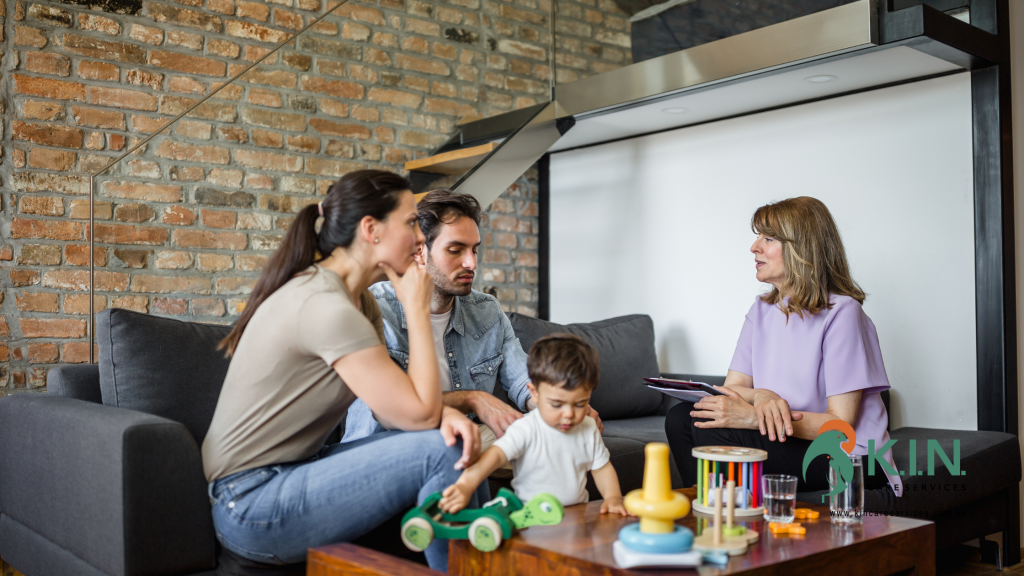Family therapy is a form of psychotherapy that seeks to reduce distress and conflict by improving the systems of interactions between family members. While family therapists often seek to have all family members (affected by an issue) in the room, that is not always possible or necessary.
Family therapy is sometimes known as marriage and family therapy, couples and family therapy, and family counselling. It enables family members, couples and others who care about each other to express and explore difficult thoughts and emotions safely, to understand each other’s experiences and views, appreciate each other’s needs, build on strengths, and make useful changes in their relationships and their lives.
Benefits of Family Therapy
Research shows Family Therapy is useful for children, young people and adults experiencing a very wide range of difficulties and experiences. Family Therapy aims to be:
- Inclusive and considerate of the needs of each member of the family and/or other key relationships (systems) in people’s lives
- Recognise and build on peoples’ strengths and relational resources
- Work in partnership ‘with’ families and others, not ‘on’ them
- Sensitive to diverse family forms and relationships, beliefs, and cultures
- Enable people to talk, together or individually, often about difficult or distressing issues, in ways that respect their experiences, invite engagement and support recovery.
Conditions treated with Family Therapy
Family therapists can address a variety of situations and conditions, including:
- Addiction
- Adoption
- Anger and conflict
- Anxiety or depression
- Attachment disorders
- Autism spectrum disorder
- Behavioural challenges
- Blended family
- Communication challenges
- Divorce or separation
- Domestic violence
- Eating disorders
- Emotional challenges
- Grief
- LGBTQ challenges
- Physical health concerns
- Race, ethnic, religious, or cultural challenges
- Relationship difficulties
- Schizophrenia
- Self-harm
Types of Family Therapy
Family therapists may choose techniques that will best serve the individual or family. They often use a combination of methods to resolve issues and teach strategies to the family.
- Cognitive behavioural therapy involves the connection between thoughts, feelings or emotions, and behaviours, and focuses on bringing awareness to and changing patterns.
- Narrative family therapy involves making space and separating each person from their problems so they can develop more useful narratives about their lives and relationships.
- Psychoeducation involves teaching about mental health conditions and families.
- Relationship counselling involves supporting couples work through their challenges and strengthen their relationships.
- Supportive family therapy involves creating a safe environment for each member of the family to communicate their feelings and discuss practical solutions.
- Systemic family therapy involves viewing the family as an emotional system, exploring the beliefs and feelings of family members toward a problem, and finding solutions that serve the family.
- Strategic family therapy is a family treatment model that may be utilised for youth with behavioural problems.
- Structural family therapy involves coming to an understanding of the structure of the family unit and how the members are organised with one another, and then considering changes that can improve these dynamics.
- Transgenerational therapy involves exploring the generations of families, past histories, interactions between multiple generations, and how they relate to one another to better understand current issues and predict future issues.
Family challenges are especially difficult because they involve multiple people who may have different beliefs or different levels of desire to make a change. However, they can also be especially rewarding to overcome because problems can be transformed into bonding experiences between family members.
How we can help
K.I.N. Care Services have a team of dedicated professionals available to provide individual and family therapy and counselling to children, young people, families, and participants engaged with our program. Our services include:
- Individual and Family Therapy
- Individual and Family Counselling
- Individual Counselling – Eating Disorders
- Narrative Therapy
- Dialectical Behaviour Therapy (DBT)
- Equine Therapy (Individual and Group Sessions; Sunshine Coast location)
K.I.N. Care Services can also support the facilitation of referrals to specialists, government and non-government organisations and agencies, in keeping with holistic service provision and person-centred practice.



